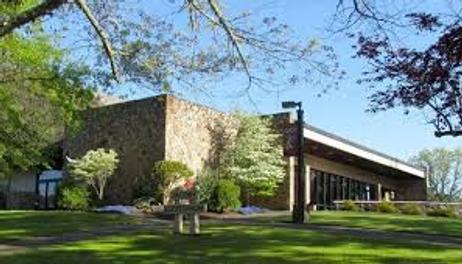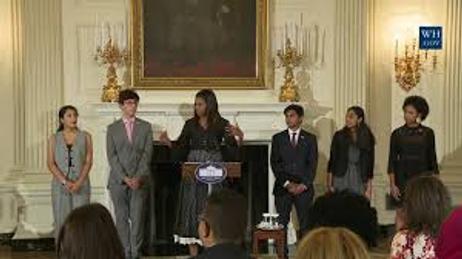For-profit colleges seem to face an uphill battle these days, both on campus and on Capitol Hill. Enrollment, which skyrocketed during the heat of the recession, is beginning to plummet. Some surveys are showing students from for-profit colleges unhappy with the education they received vs. the money they paid. Some for-profit colleges are even facing class-action suits for misleading advertising or an inability to deliver on their promises.
Perhaps it should be no surprise that these institutions are turning on their community college counterparts, releasing a recent survey conducted by Norton/Norris Inc. that found similar complaints with community colleges. The results of this survey were published on Business Wire and report that community colleges are also purportedly dealing in unsavory recruitment practices and providing low quality in terms of education. The results were released just prior to the summit on community colleges hosted by the White House earlier this month.
This video looks at the comparison of for-profit versus community colleges.
What the Numbers Show
The Norton/Norris survey found a lack of transparency in reporting important information like graduation rates, employment rates, and pass rates on certification examinations. The survey also found:
- Community colleges are not living up to their expectations in terms of course availability, the relevance of coursework, and schedule flexibility.
- The colleges are not providing high-quality education in their academic offerings.
- Many students leave community colleges due to






















